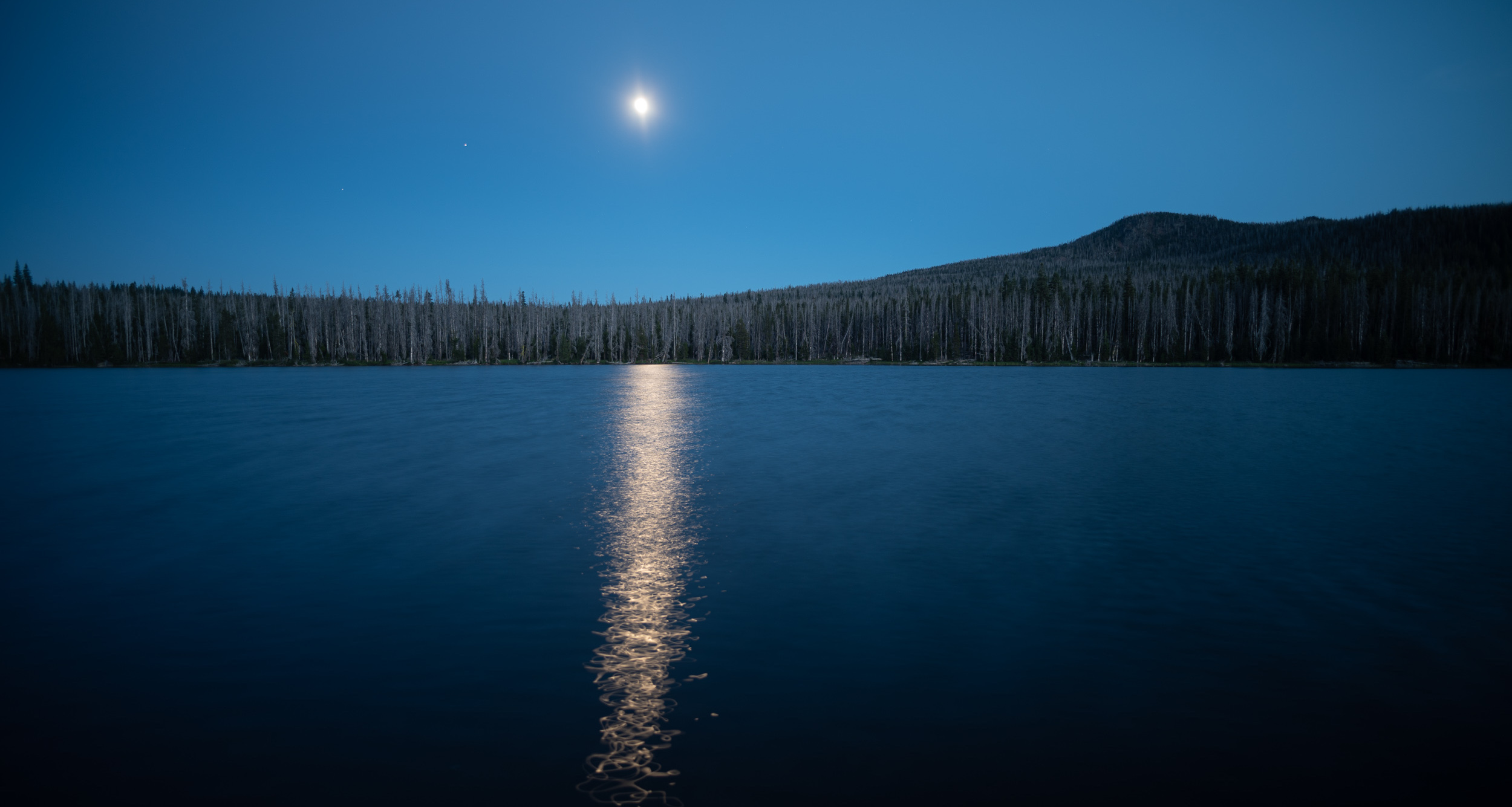This is the first in a series of articles reflecting on a recent study which predicts collapse of industrial society within a few decades. By destroying the ecological foundation on which all life depends, civilization makes collapse inevitable. Max Wilbert describes the destruction caused by the industrial civilization, and what we can do for a just transition to a more sustainable way of life.
by Max Wilbert
A new study published in Scientific Reports finds that there is a 90% chance of civilization collapsing irreversibly within the next 20 to 40 years.
The report, published on May 6th by Dr. Gerardo Aquino, a research associate at the Alan Turing Institute in London, and Professor Mauro Bologna of the Depratment of Electronic Engineering at the University of Tarapacá in Chile, uses statistical and logistical modeling to look at destruction of the planet, and specifically focuses on deforestation and population growth.
By plugging in statistics and trends in resource consumption and running thousands of model-runs with different assumptions, Aquio and Bologna predict the most likely course of future human society.
The researchers conclude that civilization has a “very low probability, less than 10% in the optimistic estimate, to survive without facing a catastrophic collapse.”
This should not be a surprise. The form of social organization we call civilization (a way of life based on the growth of cities) began around 10,000 years ago, and since then this form of society has reduced the number of trees around the world by at least 46 percent—and those who do remain are, on average, much smaller and younger. At current rates of deforestation, nearly every tree on the planet will be gone within the next 100-200 years.
On top of this, civilization (and it’s modern form, industrial civilization) is causing a global mass extinction event, changing the composition of the atmosphere and instigating global climate change, polluting the highest mountains and deepest ocean trenches with industrial chemicals and plastics, desertifying and eroding vast portions of the planet’s soils via agriculture, and fragmenting and shattering what habitat does remain intact via networks of roads and urbanization.
Most people perceive collapse as a terrible thing, and indeed a global collapse will result in a great deal of suffering, disease, and death. But the reality is, a vast amount of suffering is happening now, caused by the continued functioning of industrial civilization. A full forty percent of all human deaths are caused by air, water, and soil pollution according to Cornell research. The CoViD-19 pandemic is a direct result of civilization and the destruction of forests.
On top of this, collapse at this point may be inevitable. As the book Deep Green Resistance explains, “We are in overshoot as a species. A significant portion of the people now alive may have to die before we are back under carrying capacity, and that disparity is growing. Every day carrying capacity is driven down by hundreds of thousands of humans, and every day the human population increases by more than 200,000. The people added to the overshoot each day are needless, pointless deaths. Delaying collapse, they argue, is itself a form of mass murder.”
If you are concerned about this, as I am, as we all should be, you should be working to relocalize food production and smooth the transition away from industrial agriculture. Collapse has both positive aspects (declines in pollution, reduction in logging, end of international shipping, reduction in energy consumption, etc.) and negative aspects (collapse of social structures, medical systems, increased demands on local forests, etc.). These need to be managed and prepared for.
In the long-term, collapse will benefit both humans and nature by stopping industrial civilization and its pollution, global warming, desertification, and so on. Another physicist, Tim Garrett from the University of Utah, has conducted research into global warming and concluded that " only complete economic collapse will prevent runaway global climate change."
There are over 400 oceanic dead zones created by fertilizer and nutrient runoff from industrial farms. Only one has recovered: the dead zone in the Black Sea, which healed after the collapse of the Soviet Union and the crash of industrial farming in the area. The area is now home to healthy wildlife and fish populations which support a stronger local economy.
Ultimately, our health and success as human beings is inseparable from the health of the planet. To destroy the Earth for temporary enrichment a slow form of suicide. But deeper than that, it is matricide, patricide, fratricide. It is the murder of one’s own family. We will only thrive when the natural world, our kin, are thriving as well. Human beings are not doomed to destroy the planet. We can live in other ways, and indeed, that is our only hope.
Featured image by the author. Our next piece will discuss how a Dyson sphere (one of the proposed “solutions” in the original article) will not save us from a collapse.
